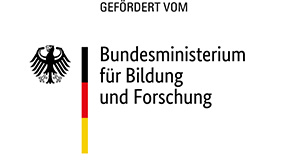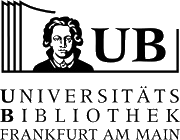Distanzunterricht im Förderschwerpunkt Geistige Entwicklung für Schüler:innen mit Bedarf an Unterstützter Kommunikation – Erhebung der Lehrer:innenperspektive
Distance learning for students with learning disabilities and complex communication needs (CCN) - a study on teachers´ perspective
DOI:
https://doi.org/10.21248/qfi.85Schlagworte/Keywords
Distanzunterricht, geistige Behinderung, Schüler:innen mit dem Förderschwerpunkt Geistige Entwicklung, Lehrer:innenperspektive, Unterstützte Kommunikation (UK), Distance Learning in special education settings, students with learning disabilities and complex communication needs (CNN), teachers' perspective, augmentative and alternative communication (AAC)Zusammenfassung
Der vorliegende Artikel fokussiert den Distanzunterricht im Förderschwerpunkt Geistige Entwicklung unter besonderer Berücksichtigung der Schüler:innen mit Bedarf an Unterstützter Kommunikation (UK-Bedarf). Auf der Basis einer qualitativen Interviewstudie werden Ergebnisse zur Unterrichtsgestaltung sowie Barrieren und Gelingensfaktoren des Distanzunterrichts für Schüler:innen mit UK-Bedarf aus der Perspektive von Lehrkräften an Förderschulen mit dem Förderschwerpunkt Geistige Entwicklung vorgestellt. Die Ergebnisse werden unter Rückbezug zum Konstrukt der Partizipation diskutiert. Es zeigt sich, dass die Unterrichtsgestaltung im Distanzunterricht unter Einbeziehung von Mitteln und Methoden der Unterstützten Kommunikation in gesellschaftlicher, gemeinschaftlicher und individueller Hinsicht besonders komplex ist.
Abstract
This article focuses on distance learning in special education settings with particular consideration of students with learning disabilities and complex communication needs (CCN). On the basis of qualitative interviews results for lesson design are presented as well barriers and success factors of distance learning for students with complex communication needs from the perspective of teachers in special schools. The results are discussed with reference to the construct of participation. The overall picture that emerges is that distance learning using augmentative and alternative communication (AAC) tools and methods is particularly complex on the levels of society, community and the individual.
Downloads
Veröffentlicht
Ausgabe
Rubrik
Lizenz
Copyright (c) 2022 Eileen Schwarzenberg, Susanne Mischo

Dieses Werk steht unter der Lizenz Creative Commons Namensnennung - Keine Bearbeitungen 4.0 International.


